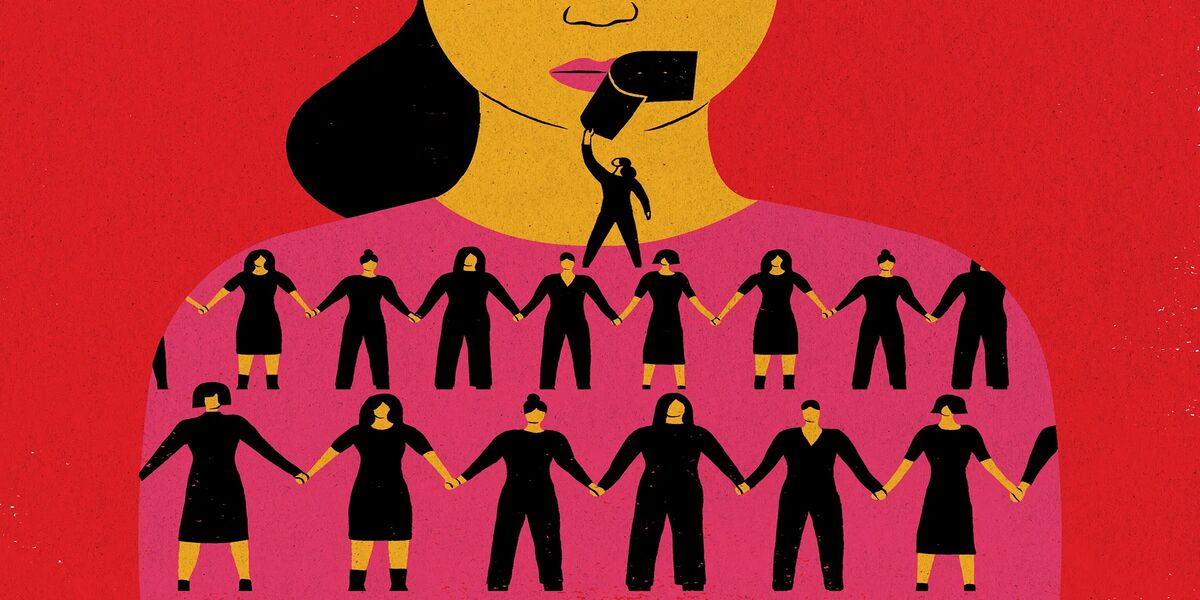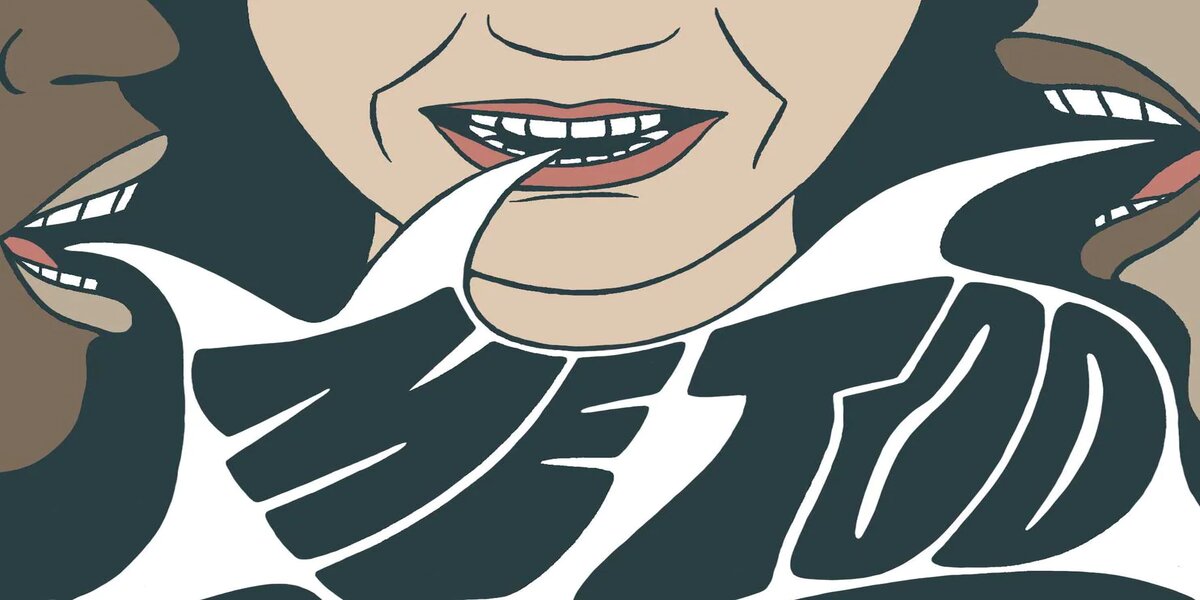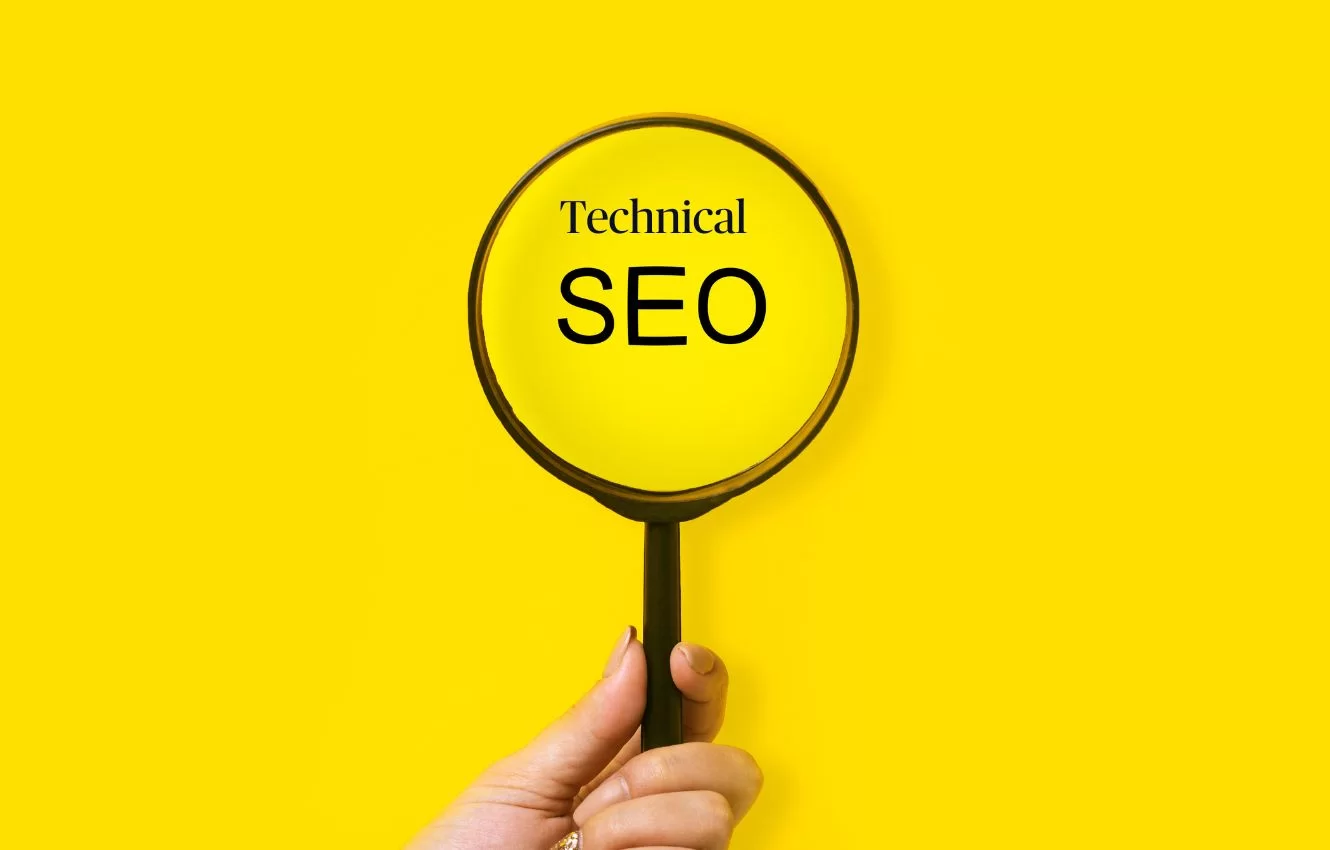The Me Too movement, a pivotal cultural moment of the 21st century, began as a simple but powerful phrase and grew into a global phenomenon that reshaped conversations about sexual harassment, assault, and gender-based violence.
It ignited a revolution that brought to light the pervasive nature of these issues, empowering survivors to speak out and demanding accountability from those in positions of power. This article explores the origins, impact, and ongoing challenges of the Me Too movement, highlighting its significance in the fight for gender equality and justice.
The Origins of the Me Too Movement
The Me Too movement traces its roots back to 2006, when activist Tarana Burke first used the phrase Me Too to raise awareness about the widespread nature of sexual violence, particularly in marginalized communities. Burke, who has long been an advocate for survivors of sexual abuse, aimed to create a space where individuals, especially women of color, could share their experiences and find solidarity in knowing they were not alone.
However, it wasn’t until 2017 that the Me Too movement gained global attention. On October 15, 2017, actress Alyssa Milano posted a tweet encouraging those who had experienced sexual harassment or assault to reply with Me Too to demonstrate the magnitude of the problem.
Within hours, the phrase went viral, with millions of people across the world sharing their stories, marking the beginning of a new era in the fight against sexual misconduct.
The Role of Social Media
Social media played a crucial role in the rapid spread and impact of the Me Too movement. Platforms like Twitter, Facebook, and Instagram became spaces where survivors could share their experiences, often for the first time, and find support from a global community.
The hashtag Me Too quickly became a rallying cry, uniting voices across different cultures, languages, and backgrounds.
The viral nature of the movement helped to expose not only the sheer volume of survivors but also the systemic nature of sexual harassment and abuse in various industries.
The entertainment industry, in particular, was at the forefront, with numerous high-profile individuals being accused of misconduct, leading to what became known as the Weinstein effect.
Named after film producer Harvey Weinstein, who faced numerous allegations of sexual abuse, the effect saw a cascade of accusations and resignations across Hollywood and beyond, as more and more survivors felt emboldened to come forward.
The Impact of the Me Too Movement
The Me Too movement has had far-reaching consequences, both positive and challenging. On the positive side, it has led to increased awareness and discussion of sexual harassment and assault, breaking the long-standing silence and stigma surrounding these issues.
The movement has also led to legislative changes, with several countries and states passing laws aimed at protecting victims, improving reporting mechanisms, and holding perpetrators accountable.
In the workplace, the Me Too movement has forced companies to reevaluate their policies and practices related to sexual harassment. Many organizations have implemented stricter guidelines, mandatory training, and more robust reporting systems to prevent and address misconduct.

Additionally, the movement has prompted a broader conversation about power dynamics, consent, and the need for a cultural shift in how society views and addresses sexual violence.
The legal system has also been impacted, with a greater emphasis on holding perpetrators accountable. High-profile cases, such as those involving Harvey Weinstein, Bill Cosby, and Larry Nassar, have resulted in convictions and prison sentences, signaling a shift towards justice for survivors.
Moreover, the movement has encouraged more victims to come forward, leading to a significant increase in reporting sexual harassment and assault cases.
Challenges and Criticisms
Despite its successes, the Me Too movement has faced several challenges and criticisms. One of the primary concerns is the potential for false accusations, which can have devastating consequences for those wrongly accused.
While studies show that false accusations are relatively rare, the fear of being falsely accused has led some to question the movement’s emphasis on believe all women. Critics argue that due process and the presumption of innocence are essential components of justice and should not be overlooked in the pursuit of accountability.
Another criticism of the Me Too movement is that it has predominantly focused on the experiences of white, privileged women, often sidelining the voices of women of color, LGBTQ+ individuals, and those from lower socioeconomic backgrounds. This has led to calls for a more intersectional approach to the movement, one that recognizes and addresses the unique challenges faced by marginalized communities in the fight against sexual violence.
Additionally, the movement has been accused of being overly punitive, with some arguing that it has led to a cancel culture that punishes individuals without due process or the opportunity for redemption. While holding perpetrators accountable is essential, some believe that the movement should also focus on education, rehabilitation, and restorative justice as part of a broader strategy to combat sexual violence.

The Future of the Me Too Movement
As the Me Too movement continues to evolve, its future will likely involve a combination of ongoing activism, legal reform, and cultural change. One of the key areas of focus will be ensuring that the movement remains inclusive and intersectional, amplifying the voices of those who have historically been marginalized in conversations about sexual violence.
This includes addressing the unique challenges faced by women of color, LGBTQ+ individuals, immigrants, and people with disabilities, among others.
Education and prevention will also be critical components of the movement’s future. By promoting healthy relationships, consent, and gender equality from a young age, society can work towards preventing sexual violence before it occurs. Schools, workplaces, and communities will play a vital role in this effort, with a focus on creating environments that are safe, respectful, and free from harassment.
Furthermore, the legal and judicial systems must continue to evolve to better support survivors and hold perpetrators accountable. This includes improving access to justice for marginalized communities, addressing gaps in existing laws, and ensuring that survivors are treated with dignity and respect throughout the legal process.
Conclusion
The Me Too movement has undoubtedly had a profound impact on society, shining a light on the pervasive nature of sexual harassment and abuse and empowering survivors to speak out. While challenges remain, the movement has sparked important conversations and brought about significant changes in the way society addresses these issues.
As the movement continues to grow and evolve, it has the potential to bring about lasting change, paving the way for a future where all individuals can live free from the fear of sexual violence. The journey is far from over, but the Me Too movement has laid a strong foundation for continued progress toward a more just and equitable world.






